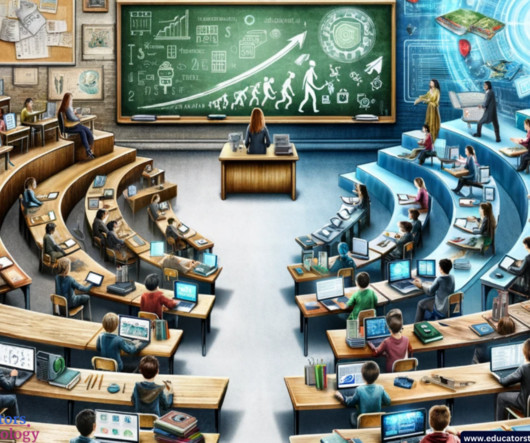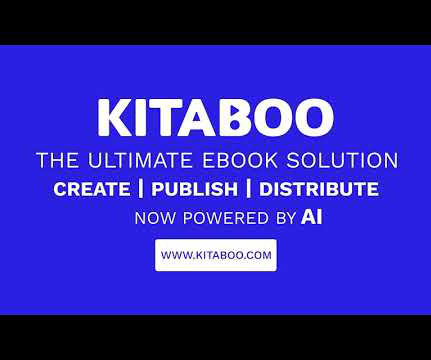Characteristics of The 21st Century Classroom
Educational Technology and Mobile Learning
JANUARY 4, 2024
This facet of modern education transcends the traditional use of textbooks and blackboards, weaving digital tools seamlessly into the learning process (NETP, 2017)). Smartboards, for instance, have transformed the way lessons are presented, offering interactive and dynamic content that can cater to various learning styles.















Let's personalize your content